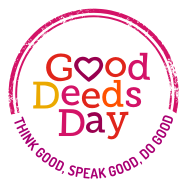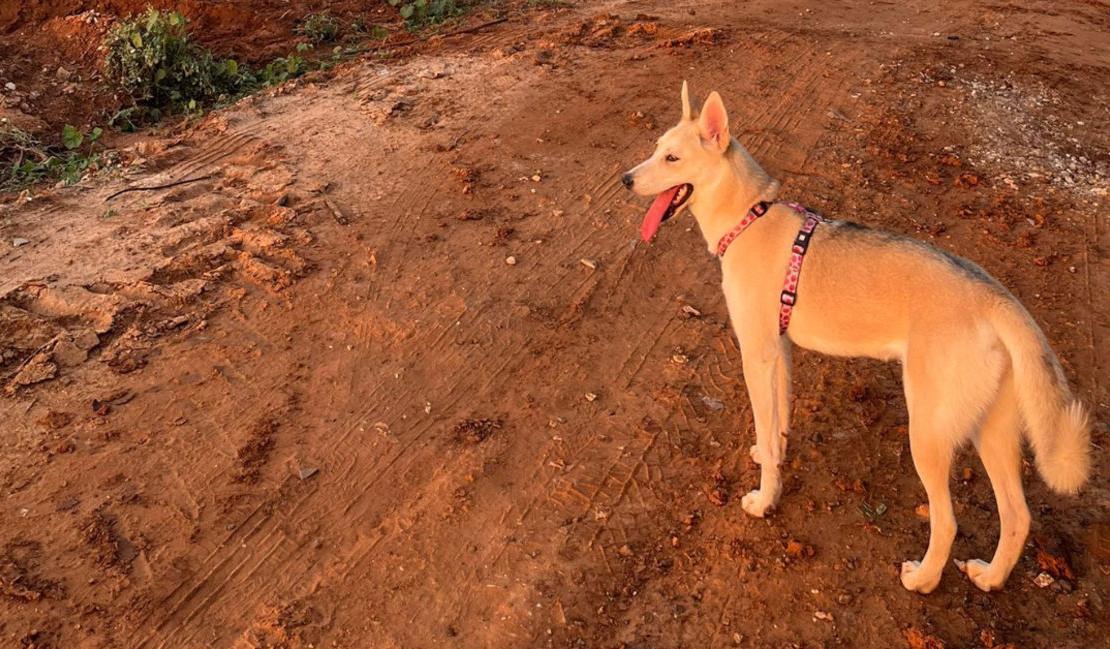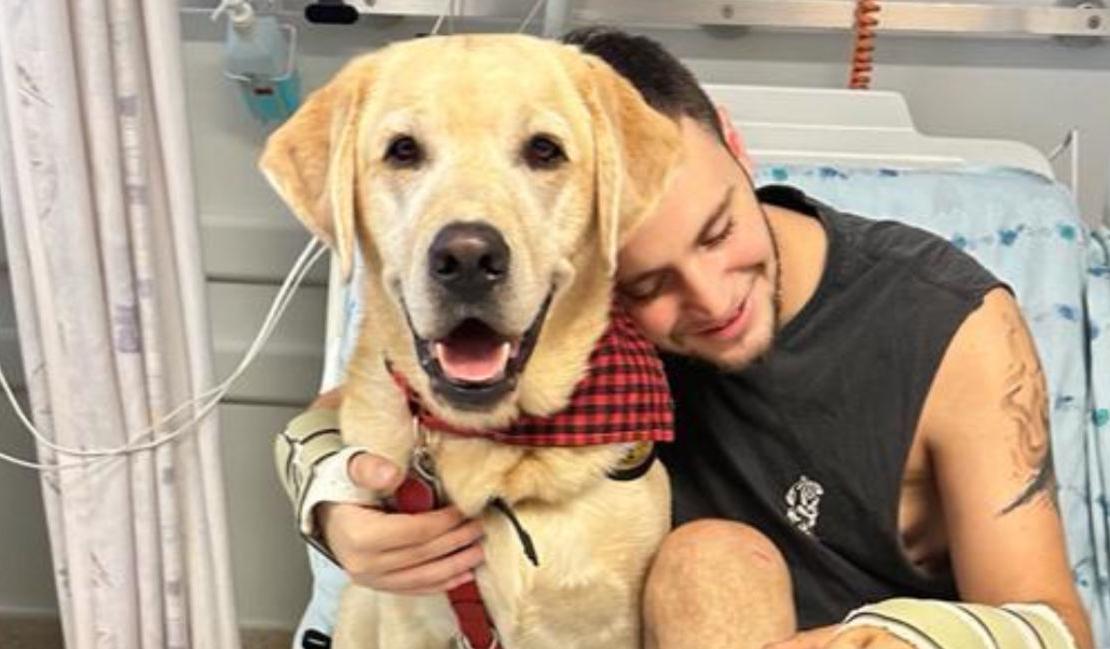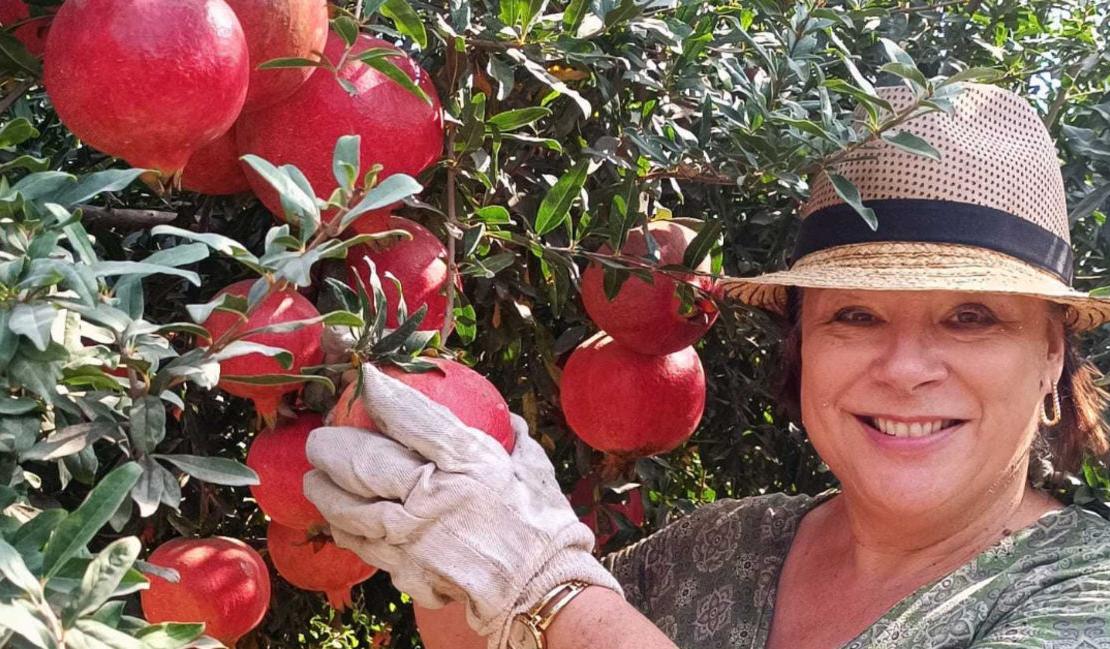Surfing to Heal: Nova Music Festival Survivors Find Solace in the Waves | Therapeutic surfing programs in Israel offer comfort and recovery.
The sun was just beginning to rise over the peaceful gathering of music lovers at the Nova Music Festival on October 7th in southern Israel. The air was filled with the joyful sounds of dance and laughter, a celebration of life and peace. But this serenity was shattered in an instant. Without warning, the festival became a scene of unimaginable horror as barbaric attackers descended upon the innocent civilians. In the wake of the horrific Hamas terrorist attack on October 7th, many survivors are grappling with profound trauma. Amid this distress, a unique form of therapy has emerged: surfing. According to The Jerusalem Post, this unconventional approach is providing psychological relief to those affected.
Harnessing the therapeutic power of the ocean
The initiative, known as HaGal Sheli (My Wave), is an Israeli organization that has been transforming lives through surfing for over a decade. Initially focused on at-risk youth, the organization has expanded its mission to include emergency trauma intervention for victims of terrorism and conflict. Following the October 7th attacks, HaGal Sheli launched an emergency program designed to support Israeli teenagers and young adults in processing their trauma and mitigating the development of PTSD.
Founded on the principles of resilience and recovery, the program organizes surfing sessions for individuals struggling with the aftermath of traumatic experiences. The calming effect of the sea and the physical engagement required in surfing help participants reconnect with their bodies and minds, fostering a sense of peace and normalcy.
The benefits of surfing as a therapeutic activity are multifaceted. Physically, surfing demands a high level of focus and coordination, which can distract participants from their traumatic memories and reduce anxiety levels. The rhythmic nature of the waves provides a meditative experience, helping individuals regulate their emotions and achieve mental clarity. Psychologically, surfing encourages the release of endorphins, which are natural mood lifters. This form of exercise also promotes social interaction and support, as participants often share their experiences and build camaraderie with others who understand their pain. This social aspect is crucial, as it helps break the isolation that many trauma survivors feel.
Surfing to improve mental health
A study conducted in Israel highlighted the significant positive impacts of surfing on mental health. Participants reported reduced symptoms of PTSD, anxiety, and depression. The combination of physical exertion and the soothing environment of the ocean proved to be a potent therapeutic tool, offering survivors a tangible way to reclaim their lives.
The effectiveness of this approach is further supported by testimonials from those who have undergone the therapy. Survivors describe the surfing sessions as transformative, helping them regain a sense of control and joy that seemed lost after the attack. The act of riding a wave becomes a metaphor for overcoming life’s challenges, instilling a renewed sense of hope and resilience.
Tools from the waves
The program, guided by trauma specialists, combines physical activity with structured emotional processing. This holistic approach ensures that participants receive comprehensive care, addressing both the physical and psychological aspects of trauma. The initiative, aptly named Tools from the Waves, is tailored to provide immediate assistance to affected youth, emphasizing the importance of quick intervention in trauma cases.
HaGal Sheli’s efforts extend across multiple educational surf centers in Israel, including locations in Bat Yam, Tel Aviv-Jaffa, and Ashkelon. Each center is equipped to offer tailored support to its participants, utilizing the unique environment of the sea to foster resilience and personal growth.
This initiative is part of a broader effort to provide comprehensive support to those affected by the Nova Music Festival tragedy. Alongside traditional psychological counseling and medical treatment, alternative therapies like surfing play a crucial role in addressing the complex needs of trauma survivors. As mental health services in Israel face immense pressure, with long waiting times for psychiatric care and limited resources, innovative solutions like “Hagal Sheli” are vital. These programs not only alleviate the burden on conventional healthcare systems but also offer immediate and impactful support to those in urgent need.
The use of surfing as a therapeutic tool for survivors of the Nova Music Festival attack exemplifies the innovative approaches needed to address modern trauma. By tapping into the healing power of nature and community, this initiative provides a beacon of hope and a path toward recovery for many.
This article was originally published on Goodnet and appears here with permission.




